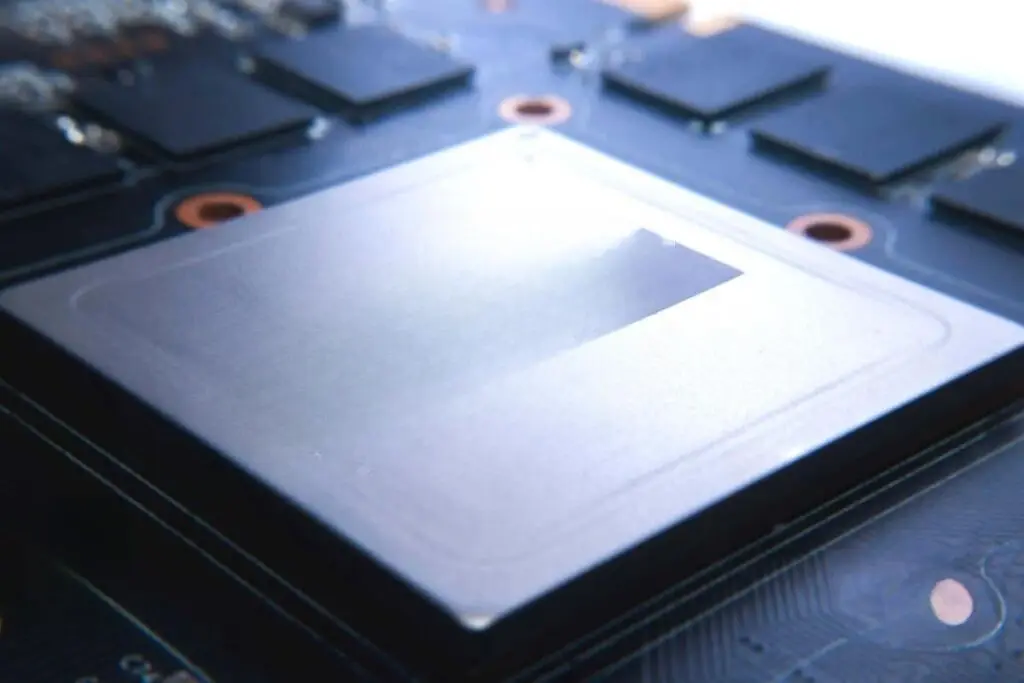Shares in AI stocks faced a significant decline overnight in both the US and Asia. This drop shows that Wall Street investors are growing impatient with the ongoing hype. The key question now is whether this is an impending crash or just a crucial market correction.
Reports indicate that these market fluctuations are not isolated incidents. Major companies in the tech sector, including some of the renowned giants, contributed to this financial upheaval. The performance of AI stocks will likely remain under scrutiny as investors adjust their expectations.
Major Overnight Losses
Investors saw significant declines in AI stocks across the US and Asia markets. The Nasdaq Composite Index dropped by 3.6%. Meanwhile, the S&P 500 faced a 2.3% decrease, marking their worst performance since 2022. The Dow also fell by 1.3%.
In dollar terms, these declines resulted in a loss of approximately $1 trillion (£780 billion). The panic stemmed from doubts about the immediate potential of AI advancements. This is a huge hit to the tech sector’s valuation.
Tesla’s Disappointing Results
Tesla emerged as one of the main victims of this market sell-off. The company’s underwhelming financial results played a large role in this decline. Elon Musk’s promises of lifelike robots did little to soothe investors. The focus had shifted to discounts on electric cars.
This negative trend was not isolated to Tesla. Other major tech companies also felt the heat due to high expectations not being met.
The Magnificent Seven
Tech giants like Microsoft, Amazon, Alphabet, Meta, Apple, and Nvidia also faced significant losses. Alphabet did report better-than-expected earnings and revenue. However, the focus turned to their large expenditures on AI, making investors wary.
Despite these companies being leaders in their fields, they couldn’t escape the downturn. The big question remains whether AI will meet its lofty promises any time soon. This uncertainty adds to market volatility, making investors nervous.
Comparisons to the Dot-com Bubble
Some wonder if this is a sign of an AI bubble bursting. However, this seems more like a necessary market correction. The situation is not as dire as the late 1990s dot-com bubble.
During the dot-com crash, the Nasdaq lost 78% of its value. The current losses don’t come close to that figure. Today’s tech companies are more profitable and better managed, which should provide some stability.
The more substantial earnings and revenue models of these tech firms are key differences from the dot-com era. This will likely prevent a similar massive collapse, offering a floor for stock prices.
Investor Sentiment
Louis Navellier, chief investment officer of Navellier & Associates, commented on market expectations. He noted that large tech companies face growing pressure to deliver impressive results. Investors are becoming increasingly less tolerant of any disappointments in earnings.
There is a growing sentiment that AI investments need to show returns soon. Otherwise, capital might shift to other industries or smaller firms. This shift could be seen as healthy for market diversity.
Future of AI Market
Despite the recent volatility, the AI narrative isn’t completely broken. Key players in the sector maintain a robust position. However, they need to manage investor expectations better, especially concerning AI advancements.
Sectors other than tech, including previously ignored markets, are starting to catch investors’ eyes. This is a sign that capital is beginning to spread out more evenly. It’s both a sign of caution and a necessary market adjustment.
It will be essential for tech companies to find a balance between innovation and immediate returns. Success in AI will take longer to materialise than some investors are willing to wait. Patience will be crucial for sustainable growth.
Conclusion
The recent stock slides in AI show a market correction driven by unmet expectations. While not a full-blown crash, it is a wake-up call for tech companies to deliver on their promises. This adjustment period is essential for a healthier, more balanced market.
The recent decline in AI stocks indicates a much-needed market correction rather than a crash. Tech companies must align their promises with real-world performance. This period of readjustment aims to stabilise the sector for long-term growth, encouraging a more balanced distribution of investments across different sectors.

